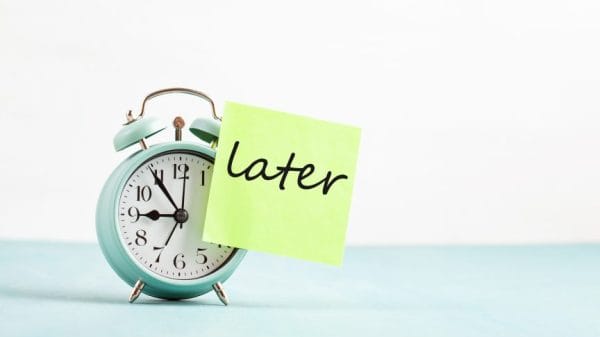Have you ever sent a TikTok to a friend and felt deflated when you never got a reply? Have you ever been disappointed when your boyfriend didn’t acknowledge a kiss on his cheek?
That’s because when you did those things, you initiated what’s known as a “bid for connection,” and that bid was dropped when you didn’t get a response.
We reach out for connections from our loved ones daily in many different ways. Small talk, hugs, kisses, and even social media posts are small ways we try to reach out to the most important people in our lives, and it hurts when they don’t respond accordingly.
In fact, it can hurt so bad that enough missed bids can mean the end of a relationship.
What is a “Bid for Connection”?
As coined by Dr. John and Julie Gottman, famous relationship psychologists, researchers, and authors, a “bid for connection” refers to any attempt to connect with a loved one- as said on their website, “A bid is any attempt from one partner to another for attention, affirmation, affection, or any other positive connection.”
Check out this TikTok by Dr. Lauren Fogel Mersy, licenced psychologist and sex therapist, for a thorough definition of a bid:
Dr. Fogel Mersy says that bids are “quite significant to the longevity and potential happiness of a relationship.”
In their research, John and Julie Gottman conducted a six-year study on a group of newlyweds. After six years of marriage, the Gottmans followed up with the couples; many of them were still together, while many had already divorced.
One key statistic stood out in this study: the couples that stayed together positively responded to bids 86% of the time. The ones that divorced? Only 33% of the time.
“We’re looking at patterns here,” said Dr. Fogel Mersy. “When there’s consistent turning away or turning against, those relationships don’t tend to last.”
What does a bid look like?
Bids for connection can take almost any form. Attempts to connect can be seen in a kiss, a hug, or a hand squeeze – as well as in a smile, a question, or a joke.
“For Gen Z and young folks, it could look like sending a meme or a TikTok,” Dr. Fogel Mersy said. “It could be showing someone something on your phone and saying, ‘Look at this.'”
The most important thing to remember about bids is that, just like communication styles or love languages, no two people will make the same bids. What may seem to you like an obvious attempt to connect may completely fly over your partner’s head.
The TikTok below points out that recognizing bids isn’t always easy.
“If you’re not sure how someone you care about makes bids, it never hurts to double-check,” said Dr. Fogel Mersy. “You can always ask about it and say, ‘Is this you trying to get attention from me? Is this something that’s meaningful to you?'”
We don’t just make bids for connection in romantic relationships. Bids are important in friendships and family relationships, too, so try to recognize the ways that people in your life reach out to connect.
You might find you’ve been missing their attempts to reach out!
How should I be responding to bids?
So, we know what bids are, why they’re important, and what they can look like. But once we’ve recognized a bid, how should we be responding?
Dr. Fogel Mersy outlines three possible ways to respond to a bid: turning away, turning against, and turning towards.
Turning Away
Turning away is when someone ignores and doesn’t acknowledge a person’s bid. This can look like not responding to a text or ignoring a question someone asks you. It can be deliberate, but Dr. Fogel Mersy says that this happens most commonly when someone doesn’t recognize something as a bid and doesn’t realize its significance.
Turning Against
Turning against refers to when someone reacts negatively to a bid. As opposed to ignoring an attempt to connect, turning against it could look like telling someone to stop texting them or to leave them alone.
Dr. Fogel Mersy points out turning against as the most harmful way to respond to bids. “When when people do that, more often than not, it harms the sense of connection. And then it creates less security in the relationship,” she said. “You start to question, do I matter to this person? Is this person there? Do they care? Those are the sort of questions that come up when bids are consistently rejected.”
Turning Towards
The third and best way to respond to a bid for connection is to turn towards the bid. This doesn’t mean dropping everything to hang out with the person (but it could!); it can just be a quick acknowledgment.
“The thing that I like people to know is that responding positively is really just acknowledging the bid. It doesn’t mean that you have to drop everything and be present for every bid that comes your way,” said Dr. Fogel Mersy. “A positive response could be, ‘I’m in the middle of something right now. Can you show that to me later?'”
So, what now?
Consistently turning towards bids for connection will help in building a strong, healthy relationship with a real sense of safety and security. Simply acknowledging your loved one’s attempts at connection may drastically alter a relationship for the better.
Ask your loved ones what connection looks like for them – you may be surprised by the difference it makes.














